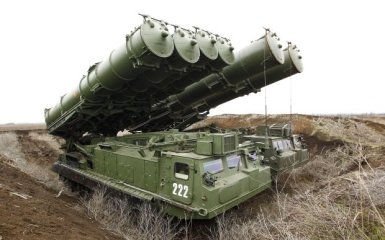The consequences of Ukraine's attack on the Russian ammunition warehouse in the Voronezh region on July 7 pushed British intelligence officers to new conclusions. As it turned out, Russia has serious problems with covering important objects even in areas with a significant air defense density.
Points of attention
- The Russian army cannot effectively protect its equipment and weapons from strikes by Ukrainian forces, having problems with logistics and the supply of ammunition.
- The strike on the ammunition warehouse in the Voronezh region was a large-scale loss for the Russian Federation, especially in view of the "war of attrition" strategy chosen by it.
- British intelligence agencies stress that the Russian defense industry is struggling to meet needs at the front, forcing the country to rely on foreign supplies.
Ukraine generated even more problems for the Russia in the rear
As the Ministry of Defense of Great Britain notes, it became known from open sources about the Ukrainian strike by drones on the Russian weapons depot in Sergeevka, Voronezh region.
According to preliminary data, Ukrainian forces managed to destroy almost everything that was there at the time of the attack.
It is important to understand that this was a large-scale loss for the Russian army, because, as is known, the warehouse occupied about 9 square kilometers.
British intelligence suggests that this warehouse, most likely, was a place to store surface-to-surface ammunition, as well as small arms for use at the front.
This will further complicate Russia's already problematic logistics chains and will encourage further dispersal of such facilities due to the constant threat of Ukrainian strikes, the British Ministry of Defense emphasizes.

Russia cannot protect its equipment and weapons from strikes by Ukraine
As noted by British analysts, Ukraine's attack on the Russian ammunition warehouse in the Voronezh region provided an opportunity to reveal another "Achilles heel" of Russia.
First of all, it is said that the aggressor country has problems with covering important objects even in areas with a significant density of anti-aircraft defenses, since this is a zone within 80 km from the border with Ukraine.
The Ministry of Defense of Great Britain draws attention to the fact that the Russian Federation cannot painlessly afford such losses, given its chosen strategy of "war of attrition".
Such an approach requires huge amounts of ammunition. Russia is now relying on its few foreign partners for supplies as its own defense industry struggles to meet front-line needs, British intelligence officials say.




